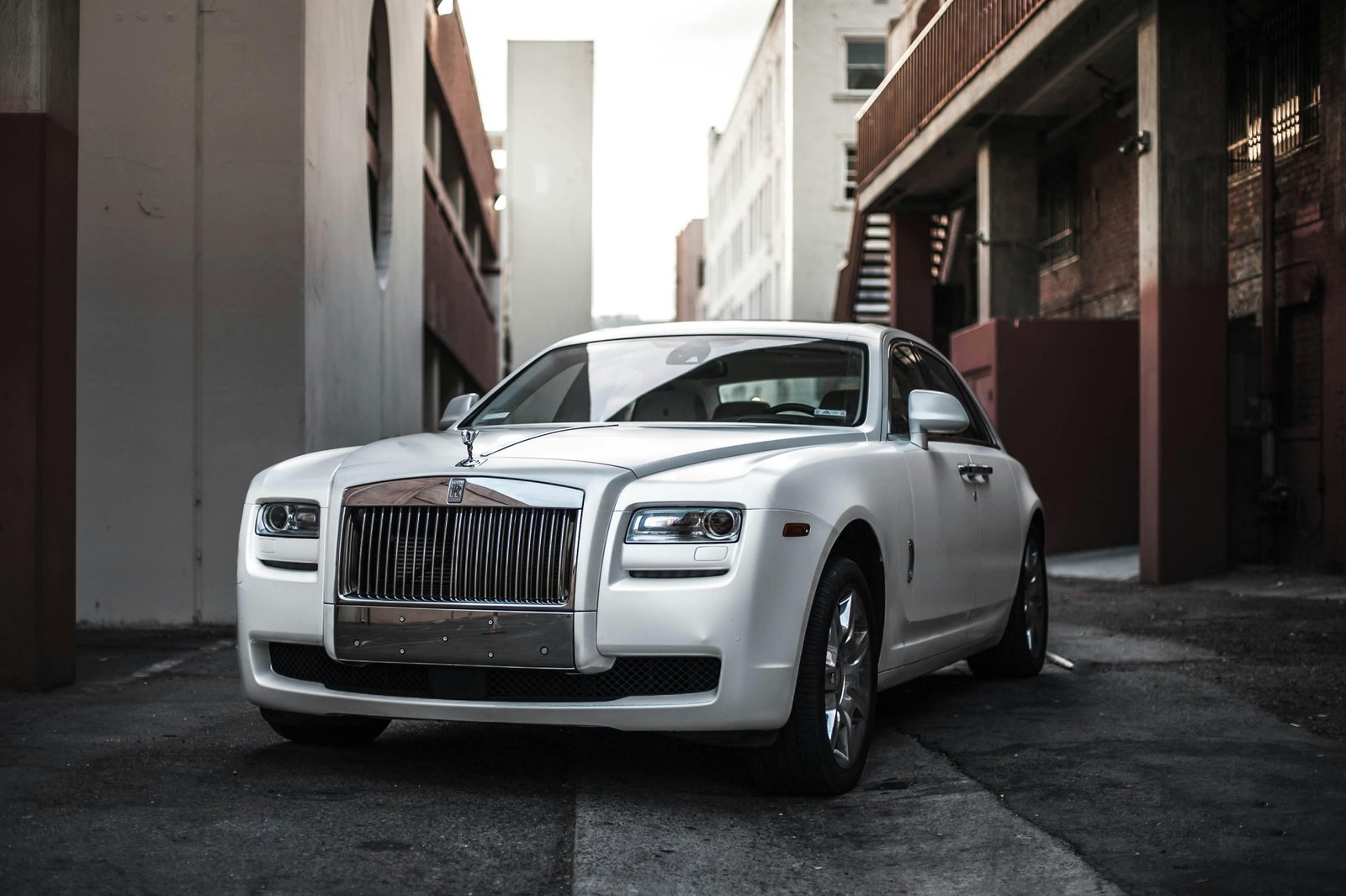Overview
The automotive luxury vehicle market is experiencing strong growth driven by increasing global affluence, demand for personalized driving experiences, and a growing appetite for cutting-edge technology in the premium segment. Luxury vehicles—traditionally known for their superior craftsmanship, comfort, and brand prestige—are now at the forefront of automotive innovation, integrating advanced connectivity, autonomous features, and electrification.
As of 2025, the market is increasingly shaped by shifting consumer expectations, with younger, tech-savvy buyers valuing digital luxury as much as physical elegance. The rise of electric luxury vehicles (e.g., Tesla Model S, Mercedes EQS, Lucid Air) underscores the convergence of performance and sustainability.
Segmentation
- Key Categories
- By Vehicle Type:
- Sedan
- SUV
- Coupe
- Convertible
- Hatchback
- Electric and Hybrid Luxury Vehicles
- By Drive Type:
- Internal Combustion Engine (ICE)
- Hybrid Electric Vehicles (HEV)
- Battery Electric Vehicles (BEV)
- Plug-in Hybrid Electric Vehicles (PHEV)
- By Service Model:
- Personal Ownership
- Subscription-based Luxury Mobility
- Corporate/Executive Leasing
- Target Demographics
- Affluent Individuals: High-net-worth individuals and professionals aged 30–60.
- Tech-Savvy Millennials and Gen Z: Especially in urban centers, seeking luxury paired with innovation and sustainability.
- Executives and Diplomats: Favoring chauffeur-driven premium sedans and SUVs.
- Luxury Car Enthusiasts: Passionate consumers investing in performance and brand prestige.
- Geographic Regions
- North America
- Europe
- Asia-Pacific
- Latin America
- Middle East & Africa
Key Players
- Mercedes-Benz (Daimler AG)
- Leader in luxury innovation, with its EQ lineup pushing boundaries in electrification, digital interiors, and autonomous tech.
- BMW AG
- Known for blending performance with comfort. Their "Neue Klasse" EV platform marks a strategic pivot to electric luxury.
- Tesla Inc.
- Disrupting traditional luxury with tech-first design, full self-driving capabilities, and direct-to-consumer sales.
- Audi AG (Volkswagen Group)
- Focusing on premium electrification with its e-tron lineup and cutting-edge interiors.
- Porsche AG
- Combining sport performance with luxury, especially in the Taycan EV series and high-end SUVs like the Cayenne.
- Lucid Motors
- Emerging luxury EV brand competing directly with Tesla and traditional OEMs with its high-performance, tech-laden sedans.
- Lexus (Toyota)
- Popular in Asia and North America, blending Japanese craftsmanship with hybrid and electric innovation.
Regional Analysis
North America
- Strong demand for SUVs and electric luxury vehicles.
- High adoption of subscription and leasing models.
- Tesla dominates EV luxury, while European brands maintain strong brand equity.
Europe
- Home to legacy luxury automakers (BMW, Audi, Mercedes).
- Shift toward sustainability driven by strict EU emissions regulations.
- Increasing popularity of hybrid and electric luxury vehicles.
Asia-Pacific
- China is the largest luxury car market, driven by rapid wealth accumulation and urbanization.
- Japan and South Korea contribute to premium innovation.
- Younger consumers seek tech-driven, eco-conscious luxury models.
Middle East
- High demand for ultra-luxury and armored vehicles.
- Status symbols remain key drivers of brand preference.
- Strong market for bespoke and limited-edition models.
Latest Developments (2025)
- Electrification at Scale: Over 60% of new luxury vehicle launches in 2025 are EVs or hybrids.
- AI-Powered Cockpits: Intelligent in-car systems for predictive personalization and digital wellness.
- Autonomous Features: Level 3 autonomy (hands-off, eyes-off) becoming mainstream in high-end vehicles.
- Sustainable Materials: Interiors made from vegan leather, recycled fabrics, and low-carbon materials.
- Direct-to-Consumer Sales Models: More brands adopt Tesla-style showrooms and online configurators.
- Luxury Subscriptions: Growth in flexible ownership models like Porsche Drive and Care by Volvo for luxury experiences.
Conclusion
The automotive luxury vehicle market is redefining the meaning of luxury—expanding from leather seats and wood trims to digital ecosystems, electrified powertrains, and immersive AI experiences. By 2025, innovation and sustainability are no longer add-ons but core pillars of luxury value.
OEMs that successfully integrate eco-consciousness with elite design and connected intelligence will dominate the next era. As consumer profiles evolve and technology becomes the new prestige symbol, the luxury car market stands at the intersection of tradition and transformation.
More Related Reports:
Automotive Electronic Expansion Valve Market
Automotive Horn Systems Market
